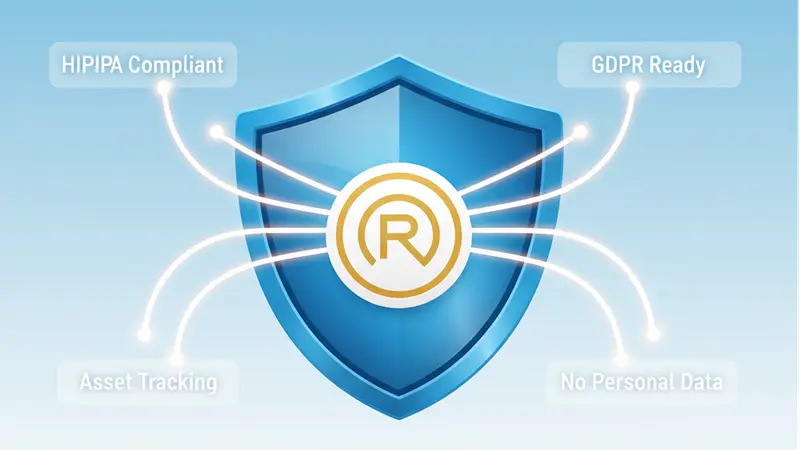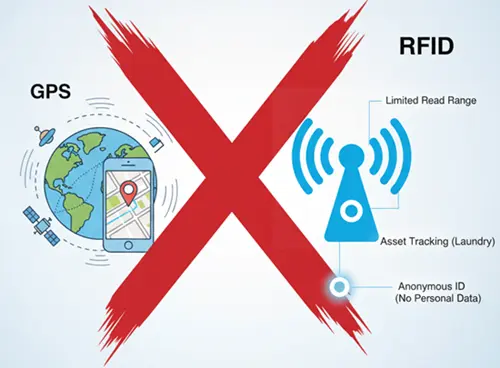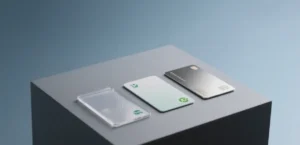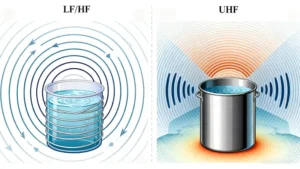
RFID & Data Privacy: Best Practices for Healthcare & Employee Uniforms
Custom Your RFID Cards
RFID technology is revolutionizing industrial laundry and uniform management across hospitals, hospitality, and heavy industry. By providing automated, accurate tracking of textiles, RFID tags reduce costs, prevent losses, and streamline compliance. But these advances bring new questions, especially around privacy and regulatory compliance. This article directly addresses those concerns, providing a transparent, step-by-step guide from the technical, managerial, and legal perspectives.
Let’s Get it Straight: RFID Is Not GPS (Debunking Common Myths)
First, let’s clear up the number one misconception: RFID is NOT GPS. RFID tags are passive; they have no batteries, transmitters, or ability to broadcast location. There’s no satellite tracking – period.
- Extremely Limited Read Range
RFID tags only respond when energized by a special reader, usually within a few feet. No one can read RFID laundry tags with a smartphone from outside a building. - Asset Tracking, Not People Tracking
The system’s job is to manage clothing, rather than the person wearing it. The intent is operational, not personal. - Tags Are “Anonymous Keys”
Each RFID tag holds only a unique, meaningless ID (like a license plate). No names, no health info, no employee data live on the tag.

Addressing Employee Privacy & the “Big Brother” Fear
Some staff worry RFID might become a covert surveillance tool, tracking their movements even off-shift (and yes, this concern shows up on Reddit). Here’s why that’s not the case and how responsible organizations should respond:
- Legitimate Business Need – Not Surveillance
The only goal is to solve real business problems: Automated inventory, so uniforms are always available and clean. Loss prevention for high-value or compliance-critical garments. Regulatory-proof safety by controlling access to protected areas. - Written, Transparent Usage Policies
Every responsible employer must clearly publish and enforce written policies that specify what is and is not tracked: What’s Tracked: Uniforms’ location in-plant, number of washes, compliance with safety procedures. What’s Not Tracked: Employee behavior, breaks, or anything after leaving the facility.
Healthcare Compliance & Patient Privacy: The HIPAA Line
Hospitals ask if these tags risk exposing patients’ health (PHI). Here’s why RFID laundry deployments support, rather than threaten, compliance:
Absolute Technical Separation
- HIPAA (and GDPR) protect patient information.
- RFID tags are linked only to assets (like “Size M scrubs”), not to individual patients or medical records. Databases are physically and logically segregated.
RFID as a Compliance Tool
- It’s time to go on offense, not just defense.
- Regulators like The Joint Commission (JCAHO) now require hospitals to prove proper laundering and sterilization of surgical textiles.
- RFID creates an auditable, tamper-proof record, automatically documenting every cycle that makes infection-control compliance stronger, not riskier.
Data Security: Best Practices That Work
- Security Is In the Backend, Not the Tag
Think of the tag as a license plate. All sensitive data lives on secure servers, protected by firewalls, SSL, and rigorous user controls. - Technical Protection
For higher-security sites, tags can be encrypted or password-protected to block unauthorized reads. - Physical Tag Protection
True data safety means high-performance tags that withstand harsh laundry environments. For example, RFID silicone laundry tags are fully waterproof, and PPS laundry RFID tags endure extreme heat and pressure, so your data carrier is always intact.
Conclusion: Moving From Fear to Trust
RFID isn’t a surveillance tool. It’s a powerful asset management and compliance system when deployed transparently and with robust technology. Transparent policies + Proven technology = Success. Before launching your next uniform or medical linen tracking project, talk with compliance and RFID tag experts to build trust from day one.


